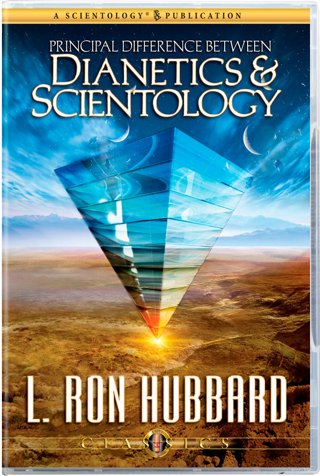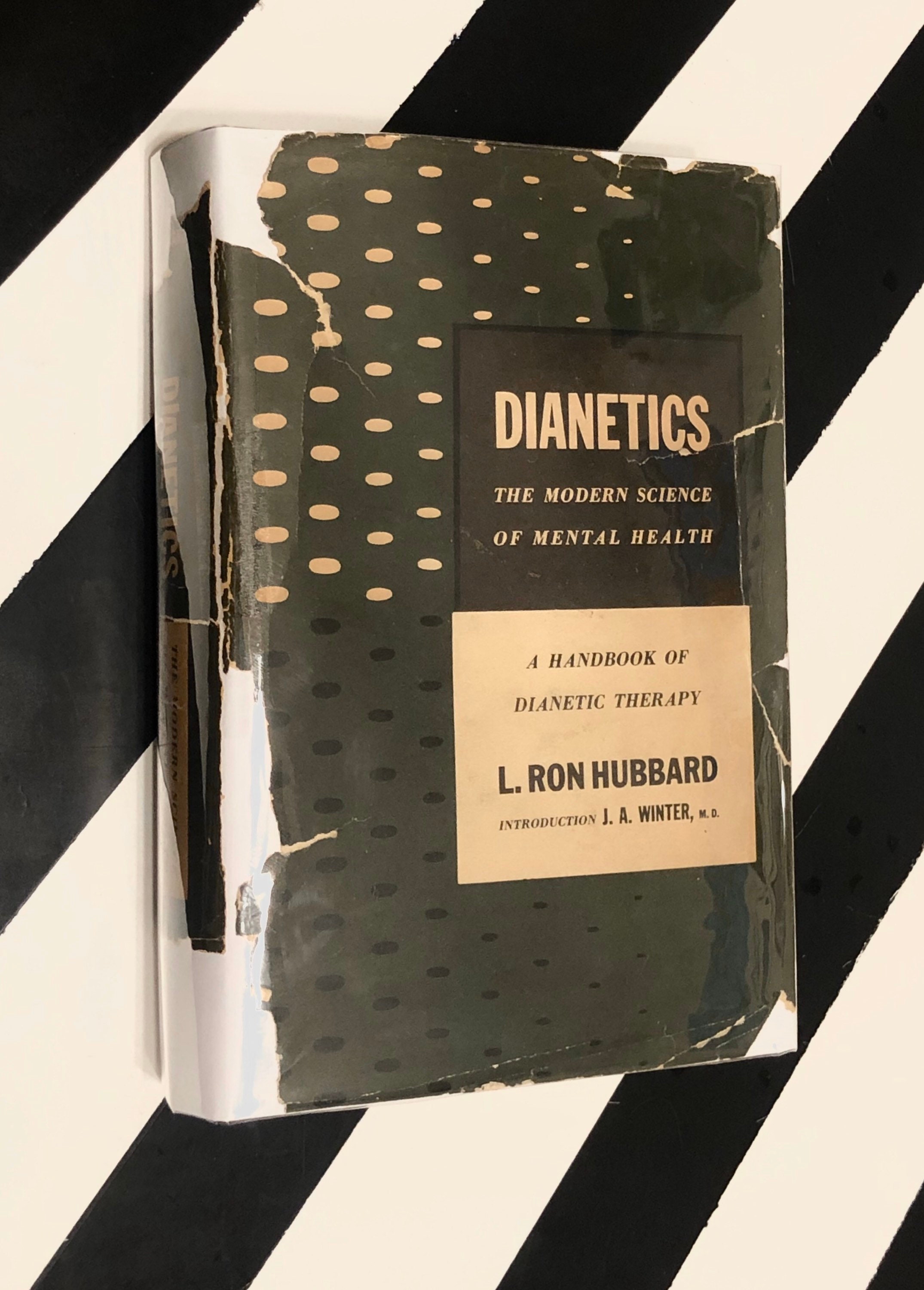Dianetics Fundamentals Explained
Dianetics Fundamentals Explained
Blog Article
Dianetics Fundamentals Explained
Table of ContentsHow Dianetics can Save You Time, Stress, and Money.The Single Strategy To Use For DianeticsIndicators on Dianetics You Need To KnowDianetics for Dummies
I couldn't ever not desire to get anything that enters your mind for you- if it was or else, I would not be resting below with you, doing this. I not only could never have a trouble, or not wish to hear something that enters your mind for you, yet I'm completely eager to know every concept, every idea, every picture or sensation that arises or manifests for you- do not ever before think otherwise, and if somehow you do, please just allow me understand! Often, you may have a thought, and photo, concept or occurrence appear that does not appear to respond to the concern, or connect to it, however nevertheless, always do tell me about it, and as we proceed, the importance will emerge for you.This is intrinsic in the basis of processing, and the subject of this conversation: the fundamental duties of the therapist and the client: The fundamental function of the therapist is, in contrast to "conventional training", not to regulate, which implies to implement and/or prevent, yet to instead work from the basis of EMPOWERING THE CUSTOMER.

The Main Principles Of Dianetics
John Mcmasters revealed this basic reality incredibly well in among his lectures on Power processing, in which he clarifies exactly how he was asked what this "special flair" was that he had for giving such terrific sessions; he needed to consider that for a moment, and identified that it was what he wasn't doing, in addition to what he was doing: he had not been evaluating, evaluating, computer, or in truth, creating any type of thoughts, not to mention verbal expressions, after providing the command and while awaiting the computer to finish their solution to their contentment; he was, merely and just, existing with the PC, and completely interested.
The function of the therapist, showed; that was his "special knack". I have had my own experience which instructed me this well, really early in the game. In 1982, having just recently completed my training and teaching fellowship on New Age Dianetics, I was running this on a PC, and there was a factor in the session where (being a little bit damp behind the ears not yet having numerous hours under my belt as a specialist auditor) the PC seemed to be "taking as well long" to share anything vocally after I provided him a command.
This trick became the most useful contribution that John ever before made to the subject of treatment or bookkeeping (Dianetics). In my simple viewpoint, it is the greatest contribution that any person has ever before made to these subjectsthe application is entirely non-judgemental, non-evaluative, and without any type of tip, advice or opinion.no preconditioned agenda for individuals, or 'levels' that they should do
In Scientology we prided ourselves on not examining for individuals. All that truly suggested was that the auditor did not VERBALLY review for the PC in session.
How Dianetics can Save You Time, Stress, and Money.

Anyone that had actually ever seen John audit could not help but discover an unique discover this info here quality in his bookkeeping."The customer's basic role is to be there with the objective of relocating in the direction of their spiritual objectives, and to openly and totally share and experience whatever shows up for them in addressing the questions and executing the instructions in the processing.
This is something to procedure as required. Likewise, individuals often have previous experience and/or brainwashing in auditing/processing which, in some means, and to some degrees, really deceives them into mindsets, concepts and habits patterns that stop the full awareness of these duties, and so they will have a tendency to inhibit the try these out expressing of what comes to mind, as in the examples offered above - Dianetics. * The very first, and possibly primary instances of mis-indoctrination bring about much less than completely smooth and efficient sessions, can be located in particular facets of the training routines, or "TR's":"TR's" are commonly a person's very first, or a minimum of early, experience in Scientology, and while I will certainly go on to describe what I see as the imperfections in concept and method, nonetheless, often tend to be greatly healing, done as they are offered (Hubbard firmly insists that "TR's are not refining, they are training", however factually, they are both processing AND training)
There is no "failing", and no rejection of the fact of this being handling. The focus, as it ought to be, is on experiencing the other individual's presence.
The 8-Minute Rule for Dianetics

Report this page